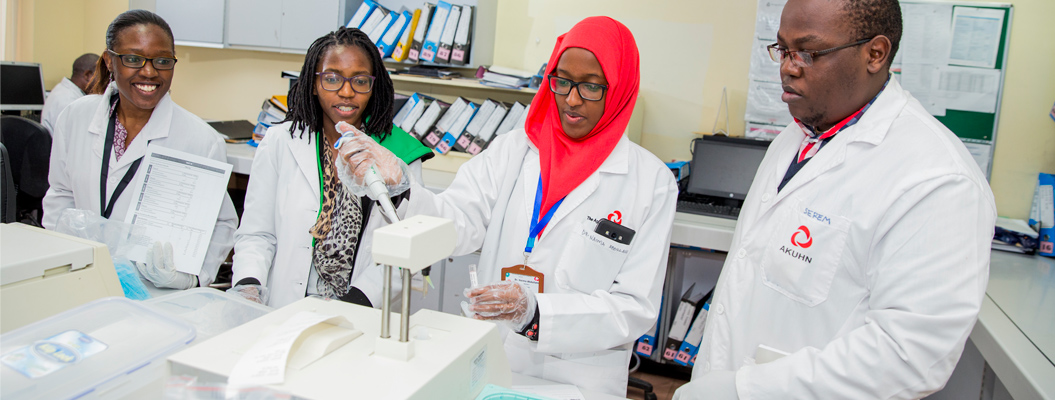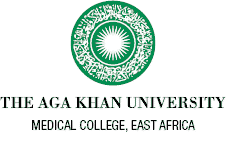Department of Pathology Residency Programme

Message from the Programme Director
Dear Incoming Residents,
On behalf of the entire team at the Aga Khan University Medical College, East Africa Pathology Department, I extend a warm and hearty welcome to each one of you as you embark on this pivotal journey in your medical career.
As the Program Director, I am profoundly honored to welcome a group of dedicated, and vibrant individuals, chosen from a pool of talented candidates, to join our distinguished community of pathologists. Your journey here is not just a continuation of your medical education, but a nurturing ground where you will be shaped into experts who will make significant contributions to the ever-evolving world of pathology.
The road ahead is laden with challenges, as well as opportunities to learn, grow, and excel. Our program is designed to equip you with the knowledge, skills, and experience that will foster a deep understanding of the intricate landscape of pathology, while also encouraging you to foster innovative approaches and critical thinking.
During your time here, you will have every opportunity to interact with our diverse, highly qualified faculty. You will, I am certain, find that our faculty, many of whom are our alumni, is not just a group of seasoned professionals but passionate mentors keen to share their wealth of experience with you. The collaborative environment here will encourage you to forge connections that will last a lifetime, and hopefully, facilitate the exchange of ideas that will propel our field forward.
As you settle into this new chapter, I encourage you to embrace the core values that we hold dear at our institution. We believe in nurturing individuals who are not just proficient in their craft but compassionate and considerate professionals who uphold the highest standards of integrity and empathy.
In the coming weeks, you will be introduced to a variety of resources and initiatives that have been put in place to support your learning journey, including our state-of-the-art laboratory facilities and active engagement with the vibrant community of scholars and practitioners at AKUHN.
I am truly excited to witness the heights that each one of you will reach, and the remarkable journeys that you will undertake as part of our pathology family. I am here to support you in every step, fostering a nurturing and inclusive environment that allows you to thrive and succeed.
Welcome aboard, and here’s to a future filled with curiosity, discovery, and remarkable achievements!
Dr Patricia Okiro, MBChB, MMed
Programme Director, Department of Pathology
Aga Khan University Medical College, East Africa


